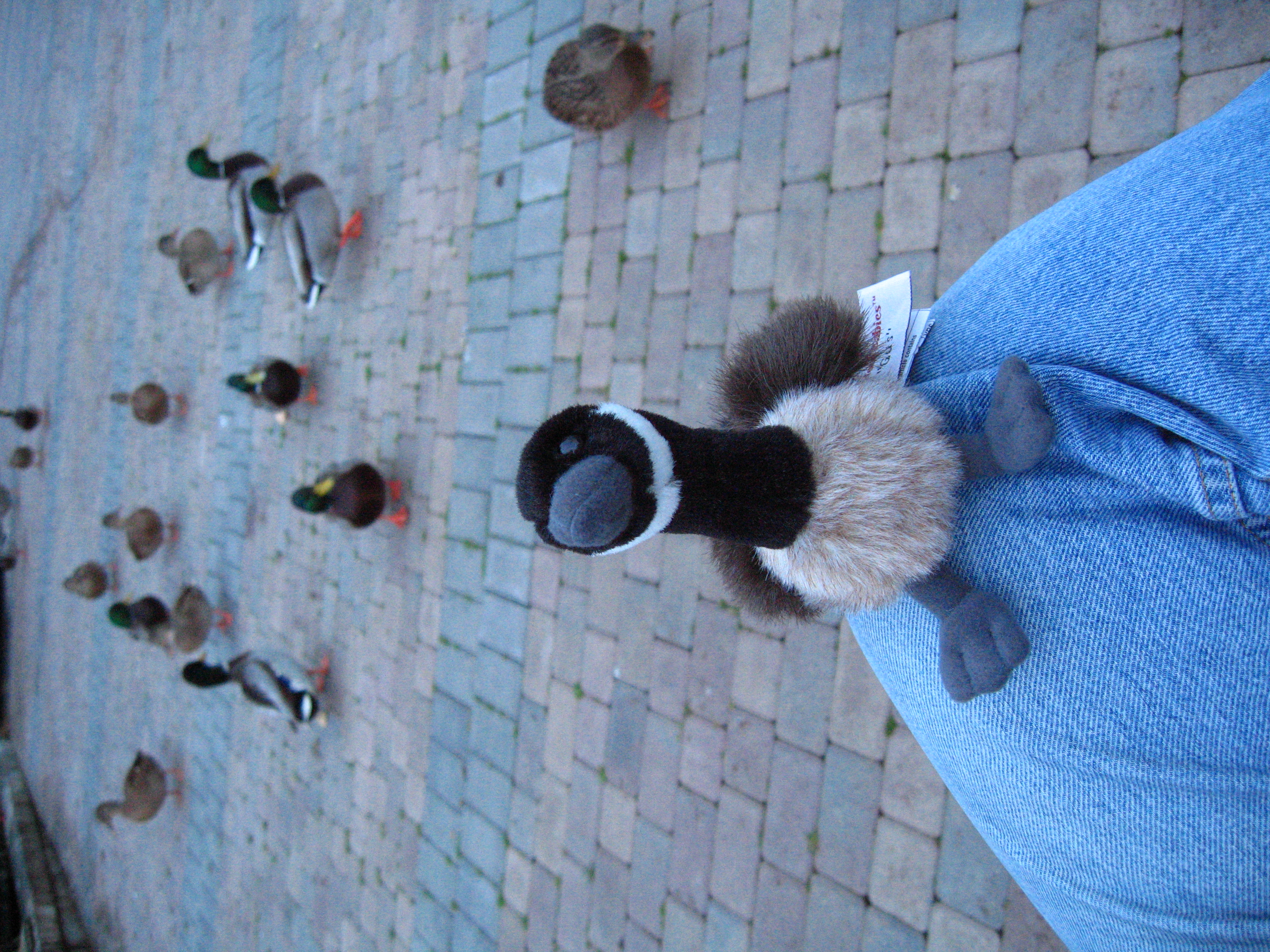- Other
- SEE MORE
- classical
- general
- talk
- News
- Family
- Bürgerfunk
- pop
- Islam
- soul
- jazz
- Comedy
- humor
- wissenschaft
- opera
- baroque
- gesellschaft
- theater
- Local
- alternative
- electro
- rock
- rap
- lifestyle
- Music
- como
- RNE
- ballads
- greek
- Buddhism
- deportes
- christian
- Technology
- piano
- djs
- Dance
- dutch
- flamenco
- social
- hope
- christian rock
- academia
- afrique
- Business
- musique
- ελληνική-μουσική
- religion
- World radio
- Zarzuela
- travel
- World
- NFL
- media
- Art
- public
- Sports
- Gospel
- st.
- baptist
- Leisure
- Kids & Family
- musical
- club
- Culture
- Health & Fitness
- True Crime
- Fiction
- children
- Society & Culture
- TV & Film
- gold
- kunst
- música
- gay
- Natural
- a
- francais
- bach
- economics
- kultur
- evangelical
- tech
- Opinion
- Government
- gaming
- College
- technik
- History
- Jesus
- Health
- movies
- radio
- services
- Church
- podcast
- Education
- international
- Transportation
- kids
- podcasts
- philadelphia
- Noticias
- love
- sport
- Salud
- film
- and
- 4chan
- Disco
- Stories
- fashion
- Arts
- interviews
- hardstyle
- entertainment
- humour
- medieval
- literature
- alma
- Cultura
- video
- TV
- Science
- en
Peculiar

b'Show notes #25 \\u201cPeculiar\\u201d\\nNugget of Wisdom: Jesus and the Bread Guy \\u2013 Fawn recalls \\u201c\\u2026 two things, two, if you pick two things in the neighborhood, within the community that are a constant, you never thought about together at the same time; in the neighborhood, you never thought had a connection. If you take two things or two people that are consistent in the neighborhood that you never connected; like they are not going to cross, or it didn\'t even cross your mind, but when you see it, it makes total sense. Have you ever had an epiphany like that?\\u201d This story is about two main fixtures in the Santa Monica/ Venice neighborhood that one early morning Fawn became aware had a divine, spiritual connection to one another that brought her a deeper understanding of our connections within our community.\\n\\xa0\\nPECULIAR - pe\\xb7cu\\xb7liar\\xa0 /p\\u0259\\u02c8kyo\\u035eoly\\u0259r/\\xa0 adjective\\n\\nstrange or odd; unusual.\\n\\nSimilar words: Strange, unusual, odd, funny, curious, bizarre, weird, uncanny, queer, unexpected, unfamiliar, abnormal, atypical, anomalous, untypical, different, out of the ordinary, out of the way, exceptional, rare, extraordinary, remarkable, puzzling, mystifying, mysterious, perplexing, baffling, unaccountable, incongruous, uncommon, irregular, singular, deviant, aberrant, freak, freakish, suspicious, dubious, questionable, eerie, unnatural, bizarre, backasswards, eccentric, idiosyncratic, unconventional, outlandish, offbeat, quirky, quaint, droll, zany, off-center, wacky, freaky, kooky, screwy, oddball, off the wall\\nOpposite: normal, ordinary\\n\\nParticular; special.\\n\\nSimilar words: distinctive, characteristic, distinct, different, individual\\n\\xa0\\nBUT ALSO: Peculiar comes from Latin peculiaris, an adjective meaning "privately owned" or "special" that is derived from the word for "property," peculium. ... Peculiar borrowed the Latin meanings of peculiaris, but it eventually came to refer to qualities possessed only by a particular individual, group, or thing.\\n\\xa0\\nAn article by Jess Zafarris: The Etymoooology of \\u201cPeculiar\\u201d \\u201cPeculiar\\u201d comes from the Latin peculium, literally \\u201cproperty in cattle,\\u201d a meaning that lingers in \\u201cpeculiar to,\\u201d meaning \\u201cbelonging solely to.\\u201d Its \\u201codd\\u201d sense arose after the term evolved to mean \\u201cdistinguished, special,\\u201d describing a person or thing of great wealth or renown.\\nPeculium was used to describe property in general, for cattle were considered the most important form of property, and wealth was often measured in livestock. Cows were especially considered a mark of wealth and social standing because they were used to expand the scale of crop production, to haul goods and weapons in trade and war, and were also (obviously) a rich source of protein.\\nOwning, purchasing, and breeding cattle was considered an investment in the future, and practices involving cattle were handed down from generation to generation\\u2014meaning that cattle played a not-insignificant part in establishing early ruling classes and families.\\nPeculium gave rise to peculiaris, \\u201cbelonging exclusively to one person,\\u201d which carried its meaning over to English in the 15th century. From there, in the 16th century, \\u201cpeculiar\\u201d came to mean \\u201cdistinguished or special,\\u201d suggesting someone endowed with great wealth (not necessarily in cattle) or esteem, or something else particularly renowned or remarkable.\\nThis noteworthy sense led to what might be considered a more common use of the word today, \\u201cunusual, strange, curious,\\u201d from the 17th century\\u2014though, of course, its sense o'